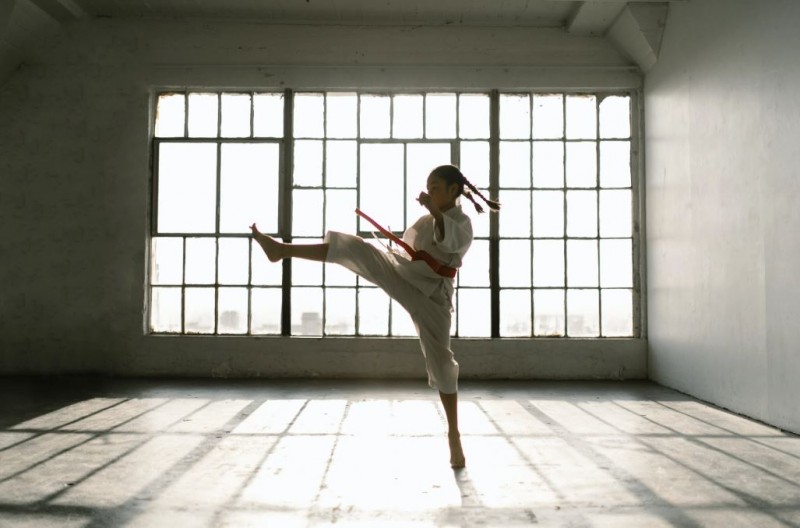
Aikido is a unique martial art that emphasizes harmony and non-violence, making it stand out among other self-defense disciplines. Developed in Japan by Morihei Ueshiba in the early 20th century, Aikido translates to "the way of harmonious spirit." At its core, Aikido is not just about physical techniques but also about cultivating a peaceful and compassionate mindset.
Understanding Aikido
A Brief History
Aikido's roots can be traced back to various traditional Japanese martial arts, including jujitsu and kenjutsu. Its founder, Morihei Ueshiba, was deeply influenced by his spiritual and philosophical beliefs, which led to the creation of Aikido as a martial art that emphasizes non-aggression and self-defense without causing harm.
Principles of Aikido
Aikido is founded on several fundamental principles, including blending with the attacker's energy, circular movements, and redirecting an opponent's force back to them. By understanding these principles, practitioners can effectively neutralize aggressive actions without resorting to violence.
The Philosophy of Aikido
Blending with the Attacker's Energy
In Aikido, the practitioner aims to blend with the aggressor's movements rather than opposing them head-on. By doing so, the Aikido practitioner can effectively control the situation and avoid confrontations that may escalate into violence. This concept is often likened to flowing water that adjusts its path around obstacles.
Redirecting Energy in Self-Defense
One of the fundamental aspects of Aikido is the redirection of an attacker's energy against themselves. Instead of meeting force with force, Aikido techniques involve using an opponent's momentum to throw or immobilize them, neutralizing the threat without causing harm.
Techniques of Aikido
Joint Locks and Throws
Aikido techniques primarily focus on joint locks and throws. Joint locks involve applying pressure to an opponent's joints to control their movements, while throws are executed by unbalancing the attacker and guiding them to the ground safely. These techniques allow even smaller individuals to subdue larger opponents effectively.
Deflecting and Neutralizing Attacks
Aikido practitioners are trained to deflect and redirect strikes and grabs. By using circular movements and precise timing, they can render an attacker's aggression ineffective while maintaining control of the situation.
The Importance of Harmony and Peace
Aikido places a strong emphasis on harmony and peace, both within oneself and in interactions with others. It teaches practitioners to remain calm and centered even in stressful situations, fostering a sense of inner peace that extends to their daily lives.
Aikido as a Path to Self-Discovery
Beyond its physical aspects, Aikido serves as a path to self-discovery and personal growth. The practice encourages introspection and self-awareness, leading to a deeper understanding of one's emotions and reactions.
Training and Discipline in Aikido
Aikido training requires discipline and dedication. Practitioners learn to hone their techniques through repetitive practice, developing muscle memory and reflexes that can be utilized instinctively in self-defense situations.
Benefits of Practicing Aikido
Aikido offers numerous benefits, both physically and mentally. It improves flexibility, strength, and coordination, enhancing overall physical fitness. Moreover, the focus on harmony and non-violence leads to reduced stress and increased mental clarity.
Aikido in Modern Society
Aikido for Personal Safety
In today's world, personal safety is a concern for many individuals. Aikido provides practical self-defense techniques that can be used to protect oneself and others without causing harm.
Aikido as a Philosophical Practice
Beyond self-defense, Aikido serves as a philosophical practice, guiding practitioners towards a more compassionate and empathetic way of life. Its principles can be applied in various aspects of daily interactions, fostering a more harmonious society.
Aikido is more than just a martial art; it is a philosophy that promotes harmony, peace, and self-discovery. By blending with an attacker's energy and redirecting aggression, Aikido practitioners exemplify the power of non-violence and the potential for positive change in our lives and society.
Subway India outlets drop tomatoes from menu citing THESE reasons